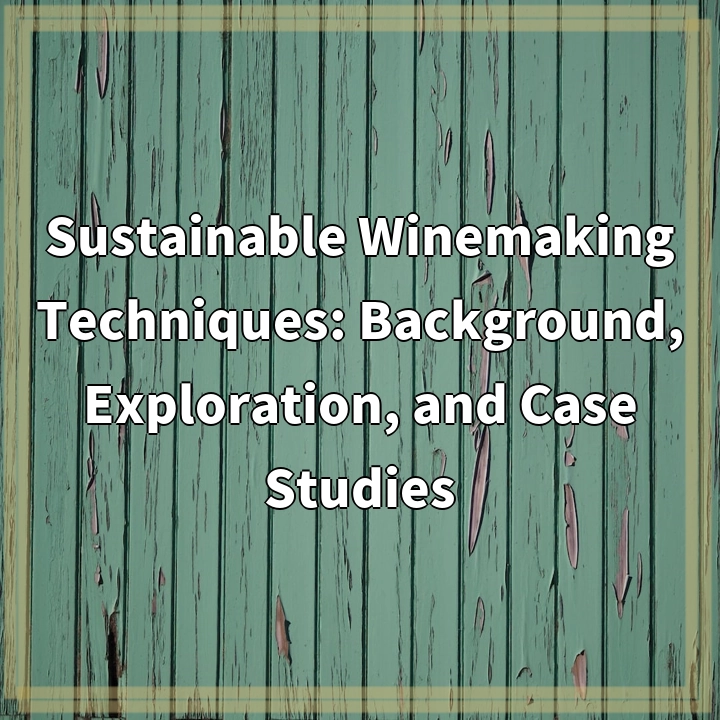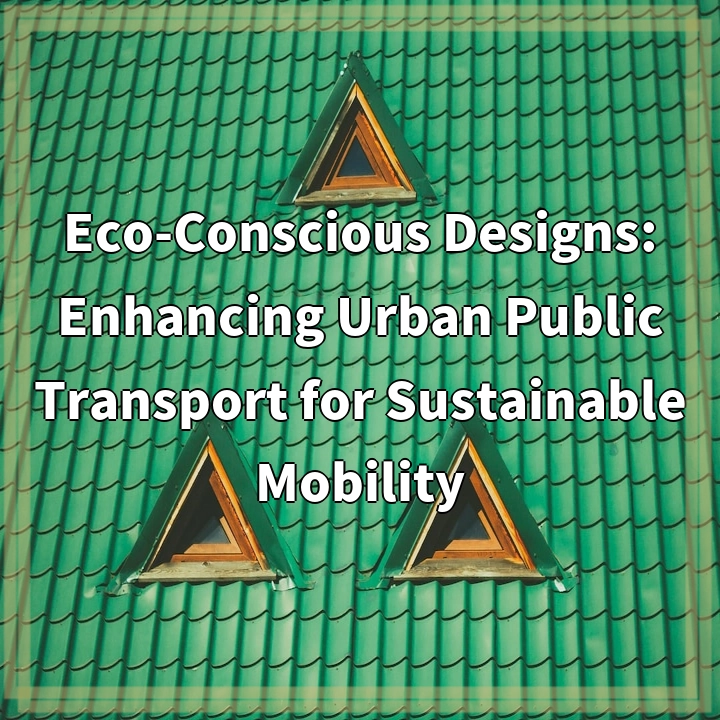
What are Sustainable Winemaking Techniques?
Sustainable winemaking techniques refer to the practices and methods employed in the cultivation and production of grapes and wine that prioritize environmental stewardship, social responsibility, and economic viability. It involves a holistic approach that takes into account the entire winemaking process, from vineyard management to packaging and distribution.
Real-World Problems Associated with Sustainable Winemaking
The adoption of sustainable winemaking practices can help address several significant challenges that the wine industry faces:
1. Climate Change:
The wine industry is highly vulnerable to the effects of climate change, including rising temperatures, altered precipitation patterns, and increased incidence of extreme weather events. Sustainable winemaking techniques aim to mitigate these impacts by promoting resilience, such as through implementing water conservation measures, utilizing cover crops for soil moisture retention, and implementing shade structures for grapevine protection.
2. Water Management:
Water scarcity is a pressing issue in many wine-producing regions. Sustainable winemaking practices emphasize efficient water use through techniques such as precision irrigation and utilization of rainwater harvesting systems. This helps preserve water resources and ensures the long-term viability of vineyard operations.
3. Biodiversity Conservation:
Conventional vineyard management practices often involve the extensive use of chemical pesticides and herbicides, which can have negative impacts on biodiversity. Sustainable winemaking techniques promote the preservation and enhancement of natural ecosystems within vineyards, including the planting of native cover crops, encouraging beneficial insects, and creating wildlife corridors.
4. Soil Health:
Soil erosion and degradation are significant concerns in agricultural practices, including vineyards. Sustainable winemaking focuses on soil health enhancement through measures such as the use of organic fertilizers, cover cropping, and the promotion of beneficial soil microorganisms. Healthy soils not only support vine growth but also contribute to carbon sequestration and overall ecosystem health.
5. Social Equity:
Sustainability in winemaking also extends to social responsibility. This includes fair labor practices, worker health and safety, and fostering positive relationships with local communities. Sustainable wineries often prioritize fair wages, provide training opportunities, and support community initiatives, ensuring that the benefits of the wine industry are shared equitably.

Solutions for Sustainable Winemaking
To address the real-world problems associated with winemaking, various solutions have been developed within the realm of sustainable winemaking. These solutions focus on promoting environmental stewardship, conserving natural resources, and fostering social responsibility:
1. Climate Change Mitigation:
Winemakers can adopt practices that reduce greenhouse gas emissions, such as using renewable energy sources, implementing energy-efficient technologies, and optimizing transportation logistics. Additionally, the use of sustainable and resilient grape varieties and vineyard management techniques can help adapt to changing climatic conditions.
2. Water Conservation:
Efficient water management techniques, including precision irrigation systems that provide water directly to the roots of the vines, can significantly reduce water usage. Capturing and reusing rainwater or implementing drip irrigation systems can also help conserve this precious resource.
3. Biodiversity Preservation:
Implementing agroecological practices, such as planting cover crops, establishing biodiversity corridors, and avoiding the use of synthetic pesticides and herbicides, can promote the preservation of natural ecosystems within vineyards. This encourages the presence of beneficial insects, enhances pollination, and supports overall biodiversity.
4. Soil Health Improvement:
By adopting regenerative agricultural practices, such as composting, incorporating organic matter into the soil, and practicing crop rotation, winemakers can improve soil health and fertility. This, in turn, enriches the microbial life within the soil, enhances nutrient availability to the vines, and increases carbon sequestration.
5. Social Responsibility:
Wineries can prioritize fair labor practices, provide safe and healthy working conditions, and invest in the well-being of their employees. Supporting local communities through partnerships, sourcing from local suppliers, and engaging in social initiatives can also contribute to a more equitable and sustainable wine industry.















